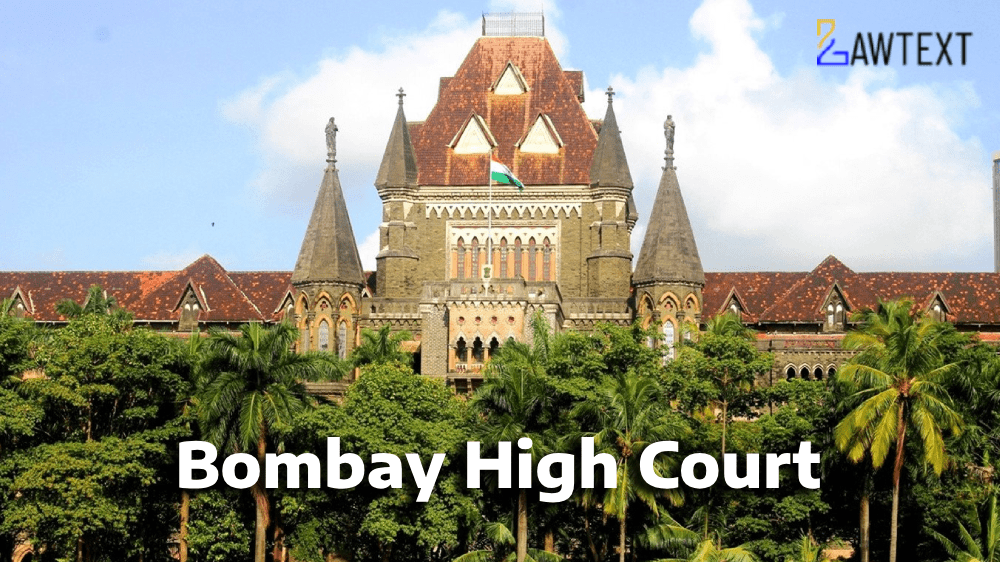

The Bombay High Court quashed MHADA's cancellation of room allotment to Shamrav Dhondiba Kamble, a senior citizen mill worker, on the grounds of his failure to pay Rs. 9,50,000 within the stipulated time. Despite the cancellation due to non-payment of 10% within the prescribed deadline, the Court emphasized the welfare nature of the scheme for mill workers and the Petitioner’s financial difficulties. The Court directed MHADA to accept payment with interest, hand over the possession of the room, and extend time for completing the payment.
The Petitioner challenged MHADA’s order dated October 15, 2019, which canceled the allotment of Room No. 108, 1st Floor, Building No.1/B, Prakash Cotton Mill Compound, due to his failure to deposit Rs. 9,50,000 within the prescribed time (Provisional Offer Letter of May 3, 2018).
(a) The Petitioner was a mill worker in Mumbai's cotton mills, and due to the 1982 mill worker strike, he lost his job. At the time of the case, he was 76 years old and residing in a remote village.
(b) MHADA’s lottery on May 9, 2016, declared the Petitioner as eligible for allotment. He was given a Provisional Offer Letter (POL) and was required to deposit Rs. 9,50,000, which he could not pay within the time due to financial hardships.
The Petitioner made multiple representations to MHADA seeking extensions, all of which were rejected because he failed to pay 10% of the amount (Rs. 95,000) as required by the offer letter.
MHADA argued that its Resolution No. 6789 dated October 12, 2018, required strict adherence to payment timelines, applicable to purchasers of flats sold by MHADA in the open market.
In an order dated August 12, 2024, the Court directed that the Petitioner should deposit the amount within 10 days, after which MHADA must hand over possession of the room. The Petitioner managed to deposit Rs. 9,50,000, and possession was handed over on August 21, 2024.
The Court discussed Regulation 58 of the DCR 1991 and Regulation 35 of DCPR 2034, which mandate providing alternate housing to mill workers affected by the 1982 strike. The welfare policy aims to rehabilitate mill workers by allotting them residential premises on mill lands.
The Court highlighted that welfare legislation must be interpreted liberally to promote the purpose of rehabilitation. Given the financial condition of the mill workers and the Petitioner’s age, the Court stressed a pragmatic approach by the authorities in such cases.
The Court held that MHADA’s strict interpretation of payment deadlines did not account for the Petitioner's financial difficulties and the welfare nature of the scheme. Welfare legislation, such as the mill worker rehabilitation policy, should be applied in a manner that furthers the goal of assisting economically marginalized individuals. The Petitioner, aged 76, had faced extreme hardships, which justified a liberal interpretation to allow him more time to fulfill his payment obligations.
#MillWorkers #MHADA #Rehabilitation #WelfareLegislation #MillStrike1982 #Housing
Citation: 2024 LawText (BOM) (9) 40
Case Number: WRIT PETITION (L) NO. 38501 OF 2022
Date of Decision: 2024-09-04
Case Title: Shamrav Dhondiba Kamble Versus Mumbai Housing and Area Development Board (A MHADA Unit) & Ors.
Before Judge: MADHAV J. JAMDAR, J.
Advocate(s): Ms. Bhagyashri Mangale i/b. Mr. Vinayak Phadke, Advocates, for the Petitioner. Mr. Nikhil Adkine i/b. Mr. Hassan Khan, Advocates, for the Respondent No.1.
Appellant: Shamrav Dhondiba Kamble
Respondent: Mumbai Housing and Area Development Board (A MHADA Unit) & Ors.